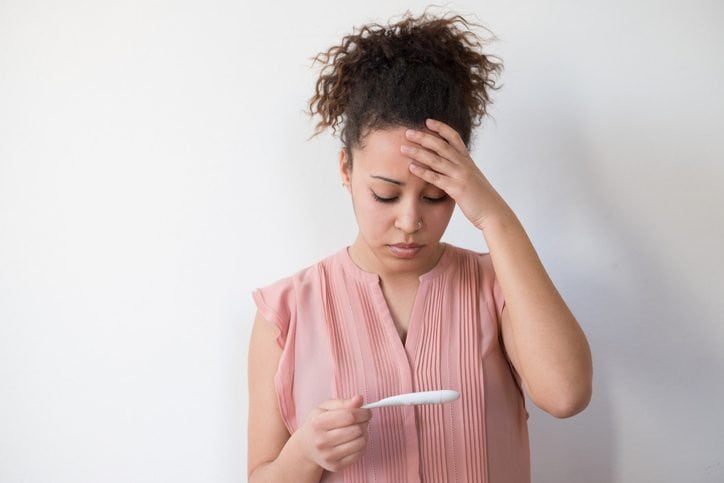When you’re trying to get pregnant, how much time is too much time? Some couples have trouble. In fact, about 12 percent of women, or one in nine, will have difficulty getting pregnant.
You may have fertility problems if you haven’t been able to get pregnant after trying for at least one year, or six months if you’re over age 35. Infertility doesn’t always mean you’ll never get pregnant. Couples often conceive without help when they keep trying for more than a year. But medical treatments can help many people with persistent problems trying to get pregnant.
What causes infertility?
Only about half of infertility is caused by a problem with the woman’s reproductive system due to issues with the fallopian tubes, the uterus or the ability to ovulate. Age is another factor because women are most fertile in their late 20s and fertility decreases after age 35. Or it can be caused by a condition like polycystic ovary syndrome (PCOS).
“PCOS is a condition where many small cysts grow on a woman’s ovaries,” said Dr. August C. Olivar, a board-certified OB/GYN in reproductive endocrinology and infertility. “The cysts are not harmful, but they do lead to hormone imbalances that cause problems with menstruation and make it difficult to get pregnant.”
If PCOS isn’t treated, it can even lead to serious health problems like diabetes and heart disease. Early diagnosis and treatment can help control the symptoms and prevent long-term problems.
Infertility can be caused by a combination of these issues. Many people don’t realize that around 35 percent of infertility is caused by a problem with the man’s reproductive system, often because of low sperm count. In 10 percent of cases, no cause can be found.
What should I do if I suspect infertility?
It can be stressful for you and your partner to find out the reason for infertility. Knowing where the problem is may create feelings of guilt and blame and may put strain on your relationship. Not being able to find the cause can also create stress.
“I always try to give my patients hope,” said Dr. Olivar, “and encourage them to be cautiously optimistic about their chances of getting pregnant.”
If you want to learn more about infertility or PCOS, Dr. August C. Olivar is hosting a free educational seminar on May 21 at the Hartford Hospital Wellness Center at Blue Back Square, 65 Memorial Rd., Suite 425, West Hartford. To register, call 1.855.HHC.HERE (1.855.442.4373).

